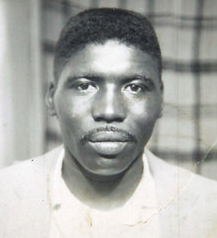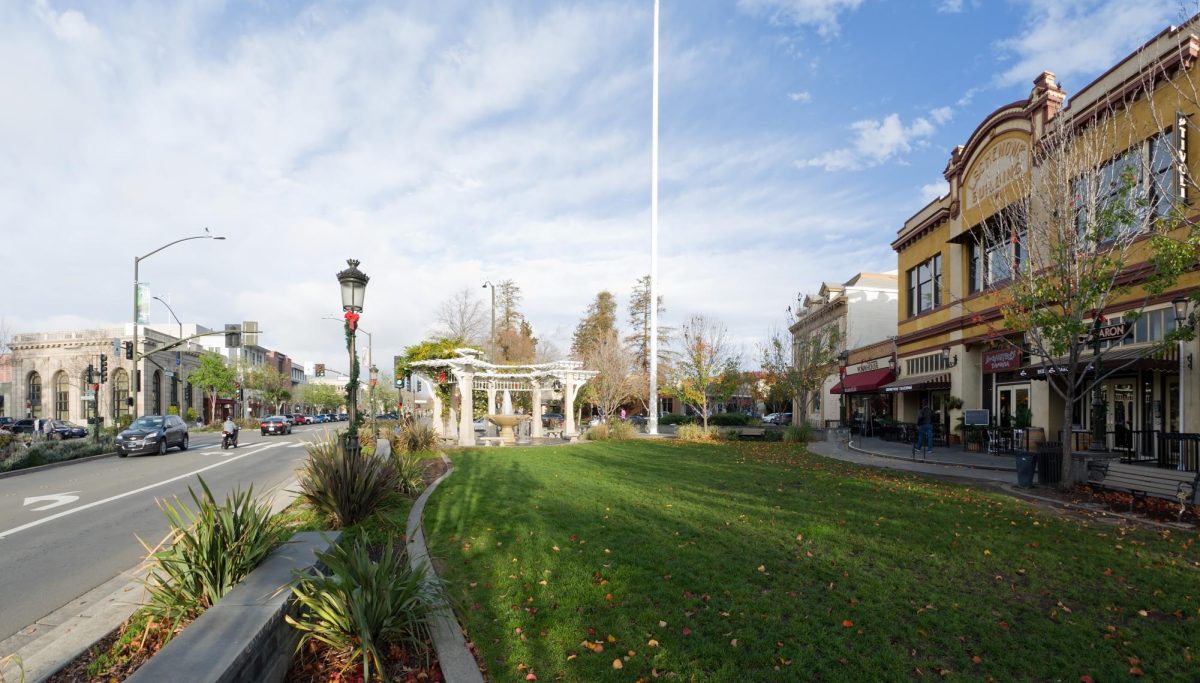
This week, for Black History Month, the Pomegranate looks back on the life of Jimmie Lee Jackson and how his death contributed to passing the Voting Rights Act of 1965. In every country, people have fought and died to have a voice in their government, so let’s look back at one activist who understood the power of the vote and lost his life trying to gain it for his fellow African Americans.
Jimmie Lee Jackson was born on December 16, 1938, in Marion, Alabama to Viola Jackson and Jimmie Lee Jackson Sr. His family were devout Baptists and Jackson was an active member of his church.
Wanting to find better opportunities away from the segregated South, Jackson had plans to move North after graduating high school. But, when his father died he decided to stay in Alabama to run the family farm. To make ends meet, Jackson took on extra work in lodging. He became a more active member of his community; Jackson joined a fraternal lodge, became the youngest deacon of his church at age 26, and met many Black activists.
It was through these new relationships with Black activists that he found a passion for civil rights. Jackson participated in many campaigns to encourage African Americans to vote throughout central Alabama. Multiple times, he attempted to register to vote but was always turned away, fueling his commitment to the civil rights movement. One incident that made him particularly angry was seeing his 82-year-old grandfather, Cager Lee, be denied the ability to register to vote. Jackson only increased his efforts towards civil rights, attending civil rights meetings, participating in boycotts of segregated businesses, and often marching for voting rights.
By 1965, Jackson was tired of seeing fellow African Americans be denied their right to vote. On February 18, 1965, he attended, along with his mother and grandfather, a rally at the Zion Chapel Methodist Church, in Selma, Alabama, in support of the recently arrested activist James Orange. Later in the night, a group of state troopers attacked the group of protesters, beating them with their batons.
Jackson sought shelter in a nearby cafe with his mother and other protestors. The group was soon found and assaulted by the troopers, and, amid this attack, Jackson was beaten and shot twice by Alabama State Trooper James Fowler. Jimmie Lee Jackson died on February 26, 1965, eight days after the attack.
The FBI interviewed Jackson as well as other protestors who all reported being beaten by the troopers. James Fowler, Jackson’s killer, reported that Jackson had hit the trooper on the head and tried to take the trooper’s weapon. While another trooper corroborated Fowler’s story, three other witnesses stated that Jackson had nothing in his hands when Fowler beat and shot him.
The state of Alabama led its own investigation where it found that no crime had been committed; Alabama did not reveal the identity of the trooper who killed Jackson.
Jackson’s death sparked outrage across the civil rights movement. Inspired by and to honor Jackson’s death, James Bevel, director of the Southern Christian Leadership Conference, organized a march from Selma to Montgomery, Alabama. In total, three marches would take place all as a part of the Selma Voting Rights Movement.
The first march took place on March 7, 1965, and would later be known as Bloody Sunday. 600 peaceful marchers were attacked by state and local police with tear gas and batons at the Edmund Pettus Bridge. The protesters were violently beaten with 17 people hospitalized. The images of the horrific day caused a national outrage. Two days later, Martin Luther King Jr. would hold another peaceful march to the Edmund Pettus Bridge.
The third march was held on March 21, 1965, and over 3,000 people began the 54-mile walk from Selma to Montgomery. By the time they reached the state capitol in Montgomery, the march had grown to 25,000 people. The efforts and violence faced by the Selma-Montgomery marchers helped pass the Voting Rights Act of 1965. The act helped guarantee that no American citizen could be denied their right to vote and is one of the most important pieces of civil rights legislation.
In 2005, James Fowler admitted in a magazine interview to shooting Jackson. In 2010, 45 years after the murder, Fowler was convicted of misdemeanor manslaughter and spent five months in prison.
Jimmie Lee Jackson’s memory lives on as a reminder of the brutality faced by African Americans, the justice system that seeks to not help them, and the thousands of brave Black Americans who fought for their rights to be upheld. As said by Martin Luther King Jr. at Jackson’s funeral, he was “a martyred hero of a holy crusade for freedom and human dignity.”



























